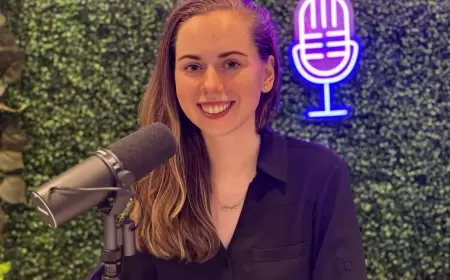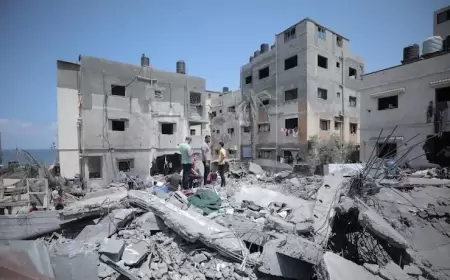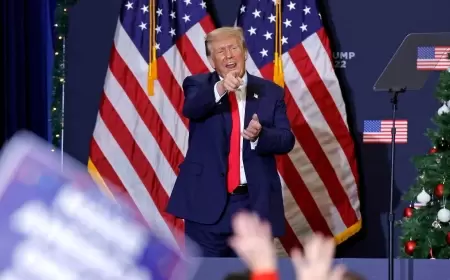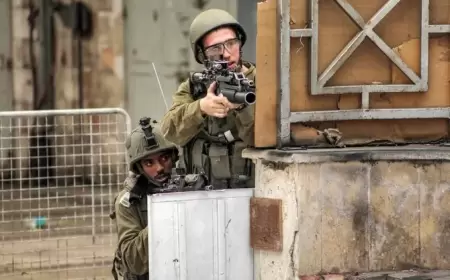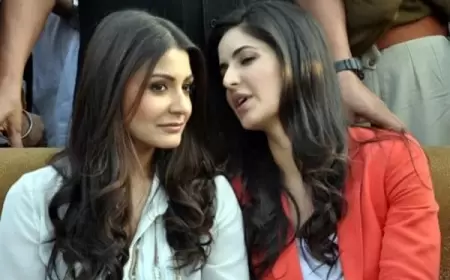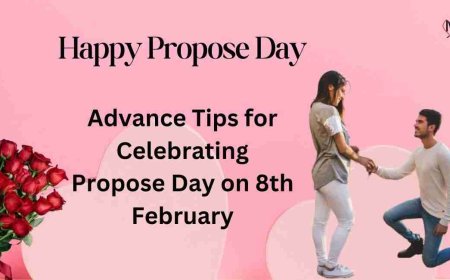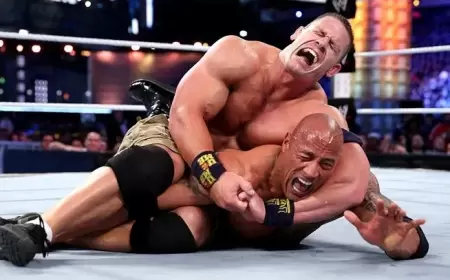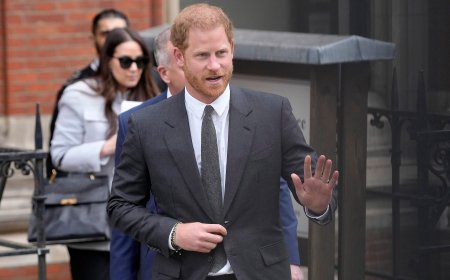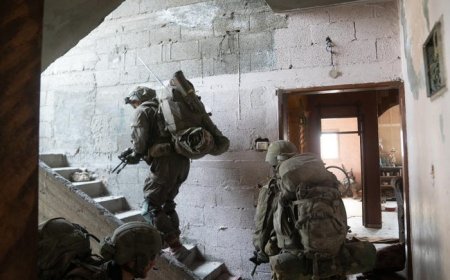India and Australia Stand for Peace: Support Two-State Solution in Israel-Palestine Conflict
India and Australia support a two-state solution for lasting peace in the Israel-Palestine conflict. Read about their stance and regional insights in the 14th Foreign Ministers' Dialogue.
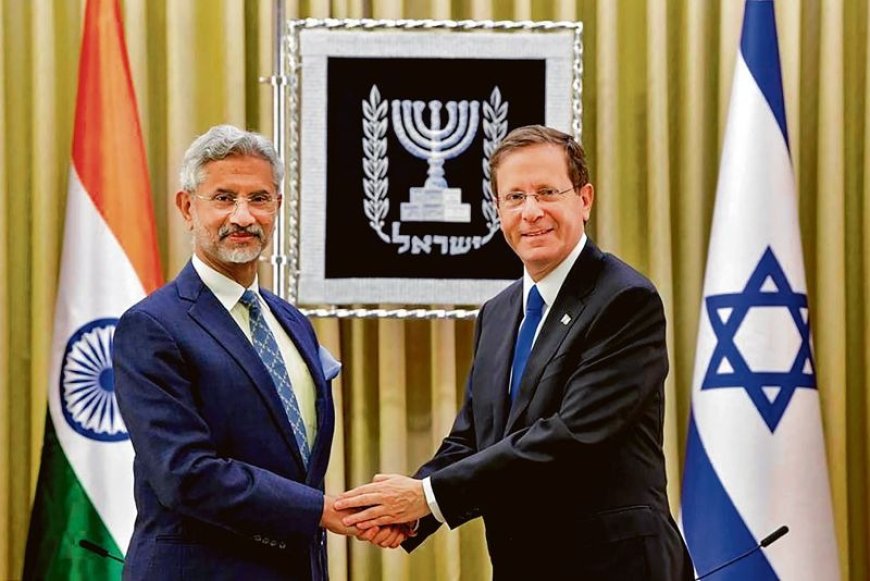
In a recent meeting in New Delhi, India and Australia voiced their support for a two-state solution to bring an end to the long-standing Israel-Palestine conflict. The call for peace comes amidst renewed tensions in the region triggered by a Hamas attack on October 7. S Jaishankar and Penny Wong, the Foreign Ministers of India and Australia, expressed their condemnation of the Hamas assault, labeling it an act of terror. Both nations emphasized the importance of observing international humanitarian law in Gaza.
During the 14th India-Australia Foreign Ministers’ Framework Dialogue, the ministers addressed three key points regarding the ongoing developments in West Asia. They stressed that there can be no compromise with terror, highlighted the urgent need for humanitarian assistance in Gaza, and emphasized the significance of addressing the rights and aspirations of the Palestinian people.
Jaishankar shared India's perspective, stating, "The solution, in our view, and in the view of many countries, can only come from a two-state solution." Penny Wong echoed similar sentiments, emphasizing the need for a political solution and progress towards a two-state solution where both Israeli and Palestinian peoples can live in peace.
Describing the situation in West Asia as complex and challenging, Jaishankar emphasized the collective challenge of addressing issues related to terrorism, humanitarian crises, and the future of Palestinians. He highlighted the importance of finding a comprehensive solution that considers all these aspects.
Wong acknowledged the dire humanitarian situation in Gaza, describing it as catastrophic. She reiterated the need to condemn the October 7 act of terrorism, stressed the release of hostages, and called for Israel to observe international law in its actions.
The dialogue also touched upon other key issues, including the India-Canada row, peace in the Indo-Pacific region, and the future of the Quad grouping (including the US and Japan). Jaishankar mentioned the importance of Australia understanding India's perspective on the India-Canada issue.
The strategic partnership between India and Australia continues to strengthen, with growing trade, investment, economic cooperation, and robust people-to-people ties. The ministers discussed their collaboration in trilateral, quadrilateral, and multilateral formats, as well as exchanging perspectives on the Indo-Pacific and West Asia.
Looking ahead, Jaishankar revealed that the next Quad meeting is scheduled for early next year. He emphasized the ongoing efforts to add to the agenda and substance of the Quad, exploring new areas of cooperation.
In conclusion, the 14th India-Australia Foreign Ministers’ Framework Dialogue showcased the commitment of both nations to promoting peace, stability, and cooperation in the Indo-Pacific region and beyond.
Must Read: Families March on Jerusalem Demanding Action for Israeli Hostages Held by Hamas
